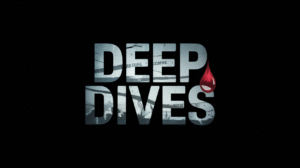
Human trafficking has become a crucial element of organized crime, posing significant threats to global security, democracy, governance, and fundamental human rights. Most traffickers operate within well-organized criminal networks, which enable them to:
- Exploit a larger number of victims
- Maintain control over victims for extended periods
- Employ greater levels of violence
Women and children are disproportionately affected, suffering some of the worst abuses within these heinous crimes.
On July 30, recognized as the World Day against Trafficking in Persons, the Inter-Agency Coordination Group against Trafficking in Persons, including UN Women, issued a joint statement urging urgent action against the criminal networks that drive human trafficking.
The Dangerous Cycle of Human Trafficking and Organized Crime
The joint statement emphasizes the interconnectedness of human trafficking and organized crime, forming a dangerous cycle that:
- Threatens security at both global and national levels
- Weakens governance structures and erodes the rule of law
- Undermines democratic institutions
- Impairs progress toward sustainable development goals
Call to Action
Addressing and dismantling these criminal networks is vital to:
- Protect vulnerable populations from exploitation and abuse
- Safeguard human rights worldwide
- Restore and strengthen governance and security frameworks


